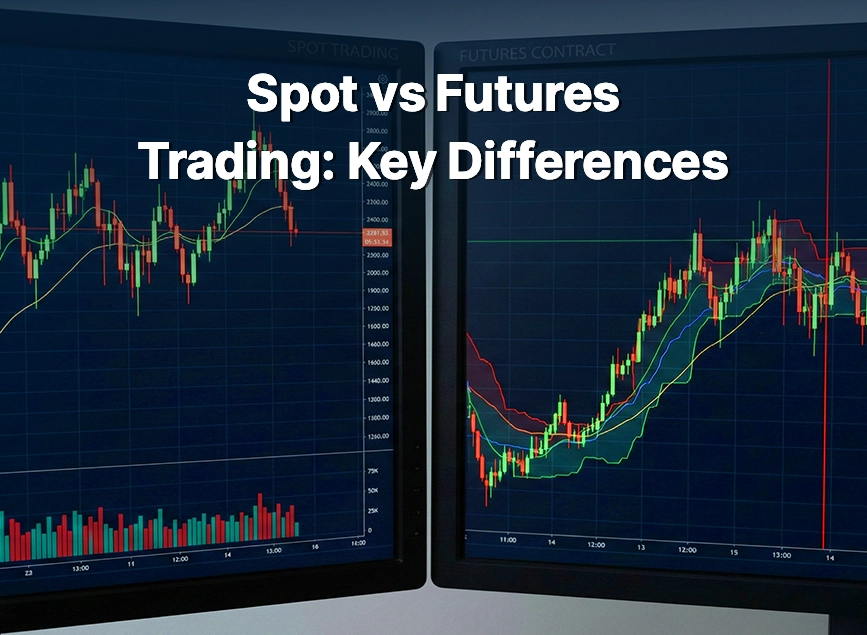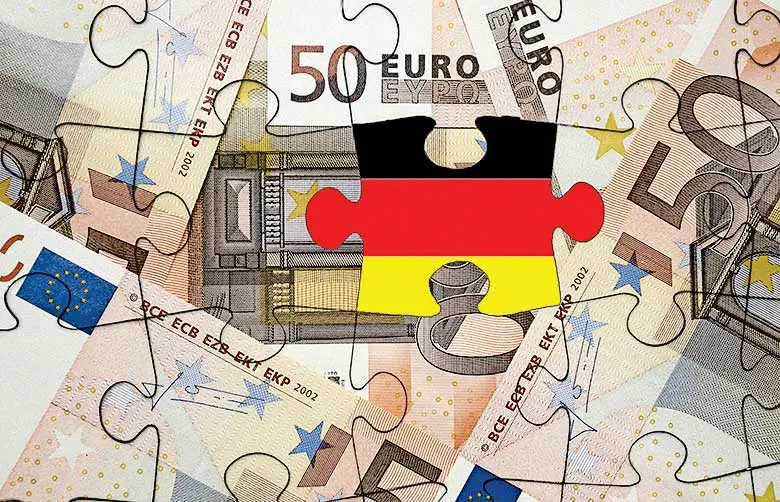
Crude Oil Price Volatility Rises
WTI crude oil futures fluctuated around $70.8 per barrel on Thursday, as the market reacted to the potential for supply disruptions stemming from escalating tensions in the Middle East. Prices attempted to recover from the previous session’s losses, with traders closely monitoring the geopolitical developments in the region, which has historically been a critical hub for global oil supply.
Middle East Conflict Fuels Concerns
The volatility in crude oil prices was largely driven by reports of intensifying conflict in the Middle East. On Wednesday, Hezbollah radio stations in southern Lebanon were bombed, adding to a series of explosions that had occurred the day before. These incidents have heightened fears of a broader conflict in the region, raising concerns about the stability of oil supply from key producers.
The Middle East accounts for a significant portion of the world’s crude oil production, and any disruptions to the region’s output could lead to supply shortages and increased price volatility. Market participants are particularly wary of the potential for conflict to spread to other oil-producing countries, which could further destabilize global energy markets.
Market Reaction and Future Outlook
In response to these geopolitical risks, oil traders have been recalibrating their positions, leading to fluctuations in crude oil prices. Although WTI futures hovered around $70.8 per barrel on Thursday, analysts remain cautious about the future direction of prices, as the situation in the Middle East remains fluid. If tensions continue to escalate, there could be a sharp upward movement in oil prices due to concerns over supply disruptions.
Conversely, if diplomatic efforts are successful in containing the conflict, oil prices may stabilize, though other factors such as demand fluctuations, global economic performance, and changes in OPEC+ production levels will also play a role in shaping future price movements.
Broader Market Impact
Beyond the immediate fluctuations in oil prices, the heightened volatility in crude markets has broader implications for global inflation and economic growth. Rising energy prices could lead to higher costs for businesses and consumers, fueling inflationary pressures. This, in turn, could complicate efforts by central banks to manage inflation and may weigh on economic recovery prospects, particularly in energy-dependent economies.
Share
Hot topics

Best broker for gold trading
There’s always been a certain magic about gold. Before online charts and trading applications, people stored their wealth in coins and bars, trusting that gold would retain its value during...
Read more




Submit comment
Your email address will not be published. Required fields are marked *